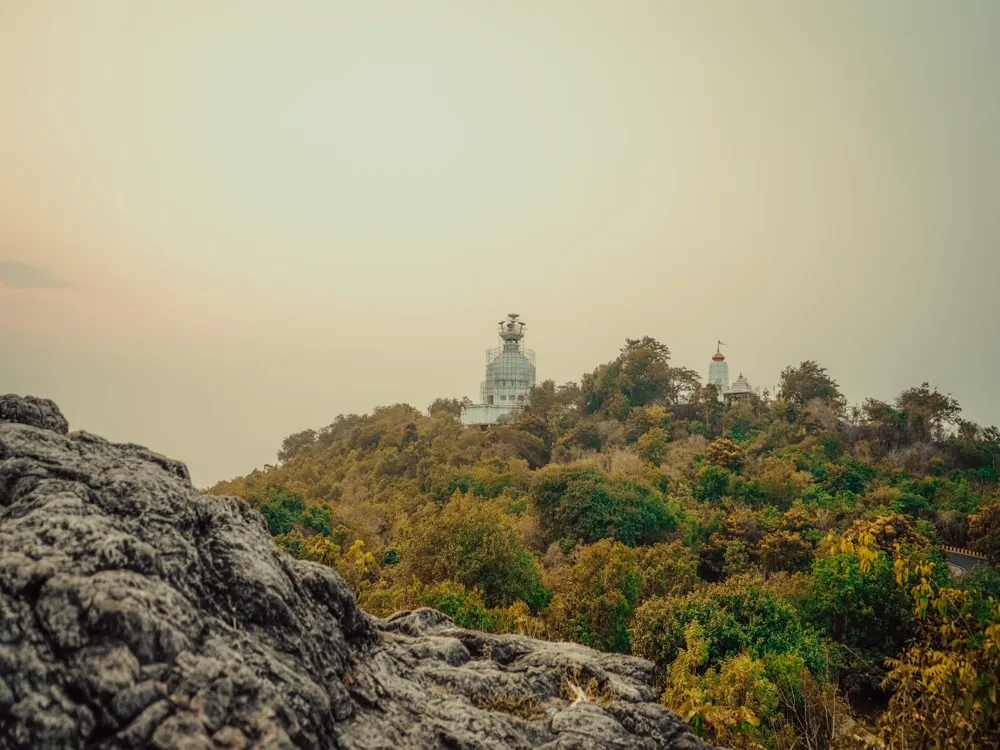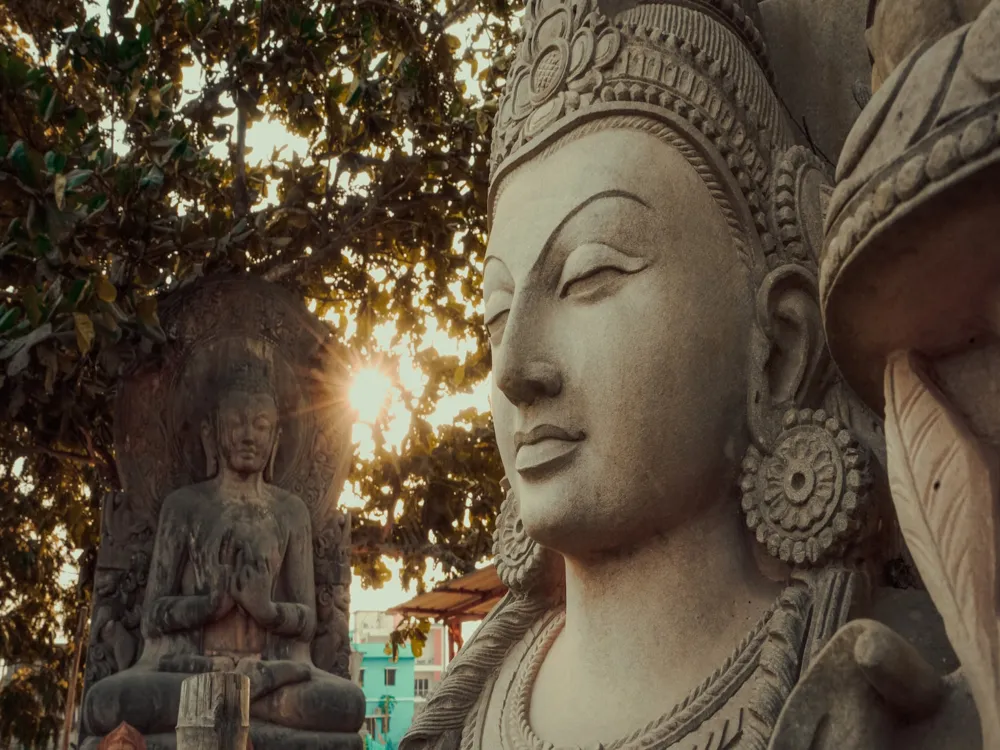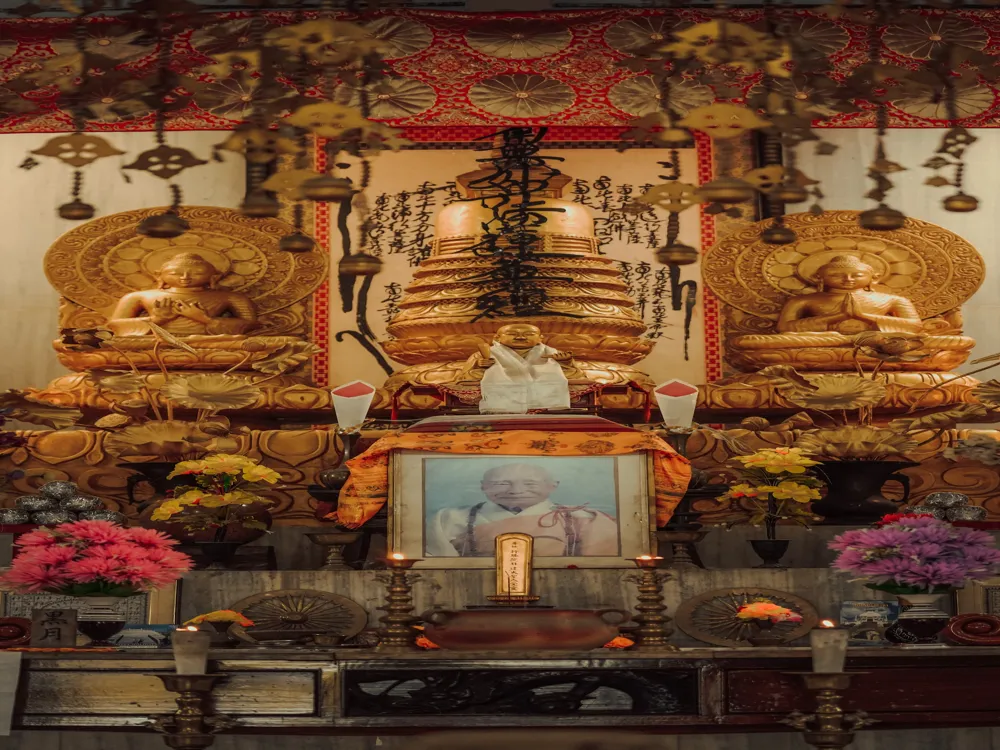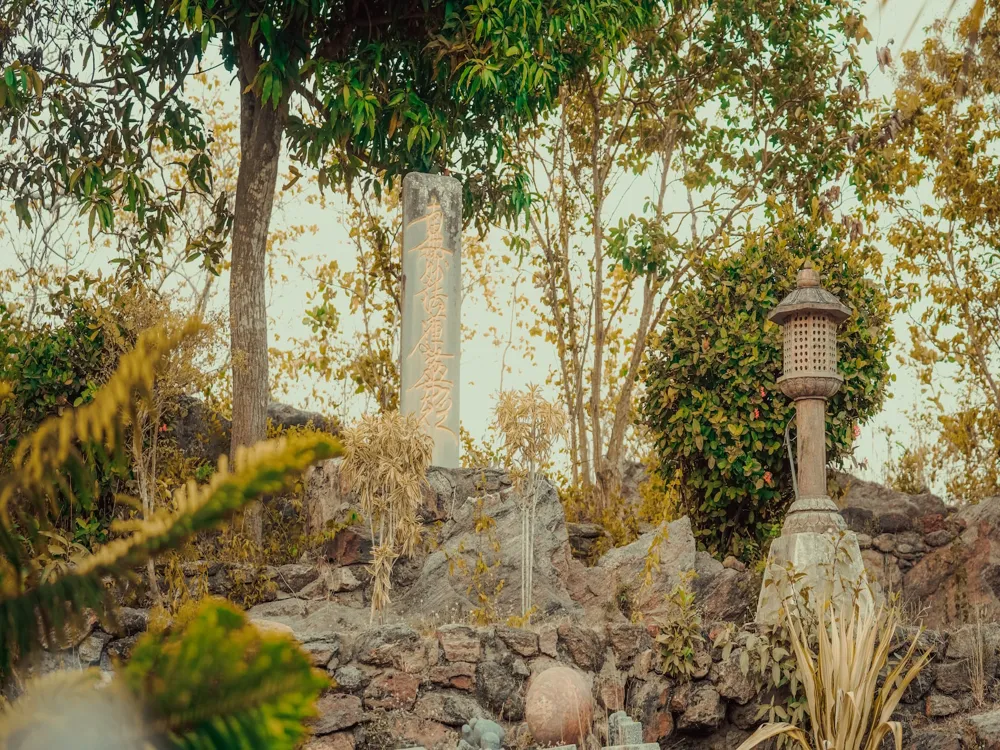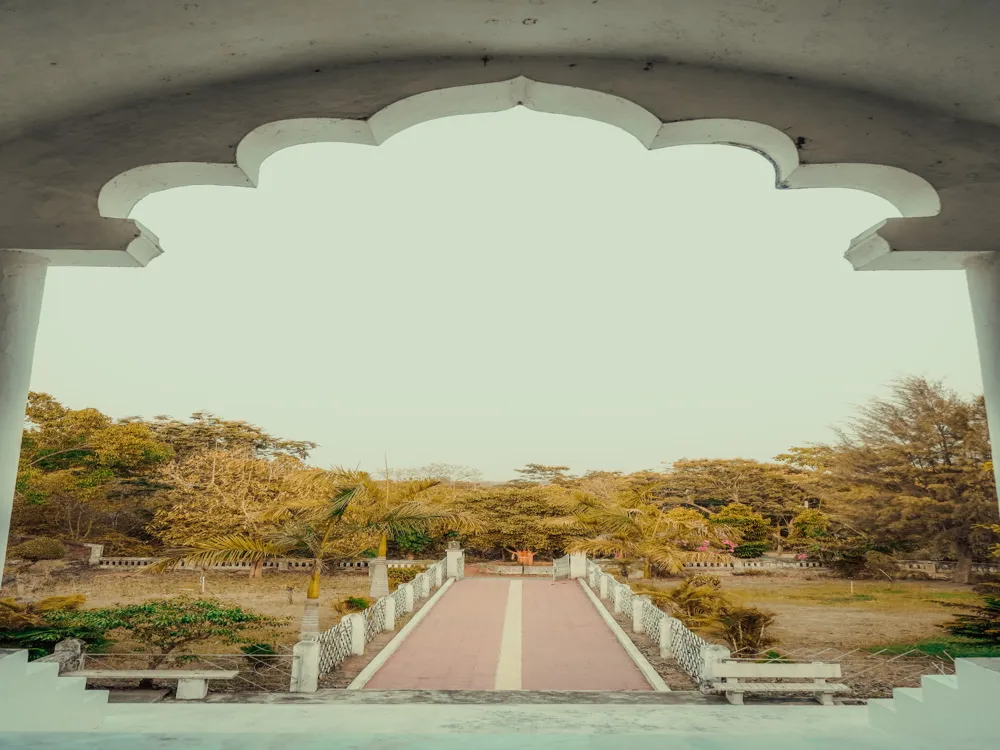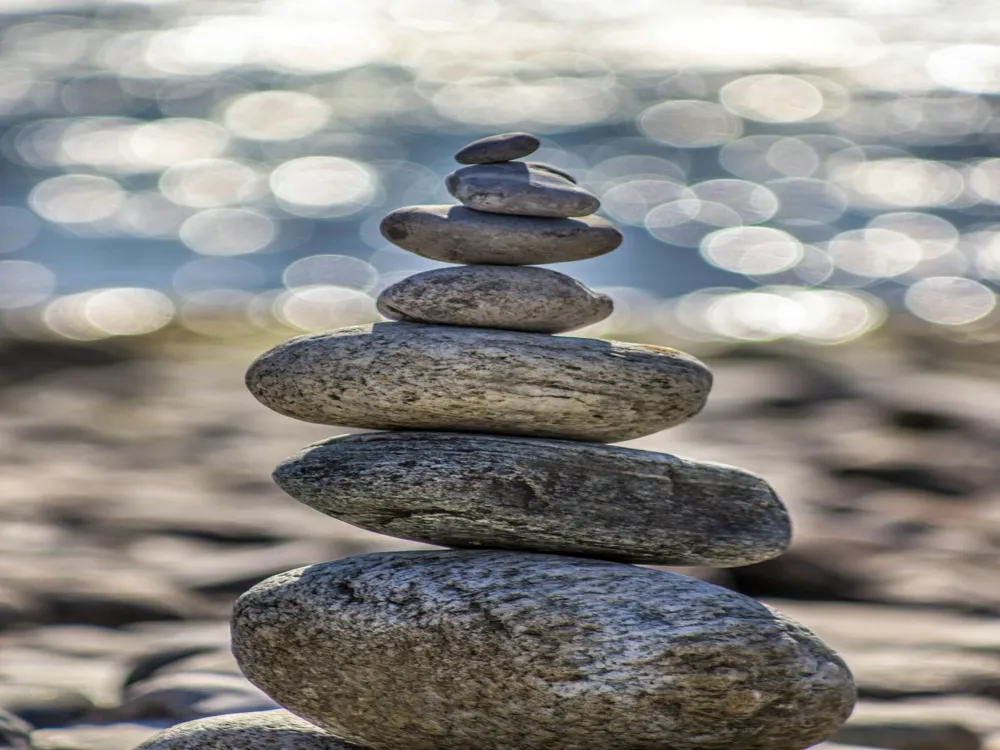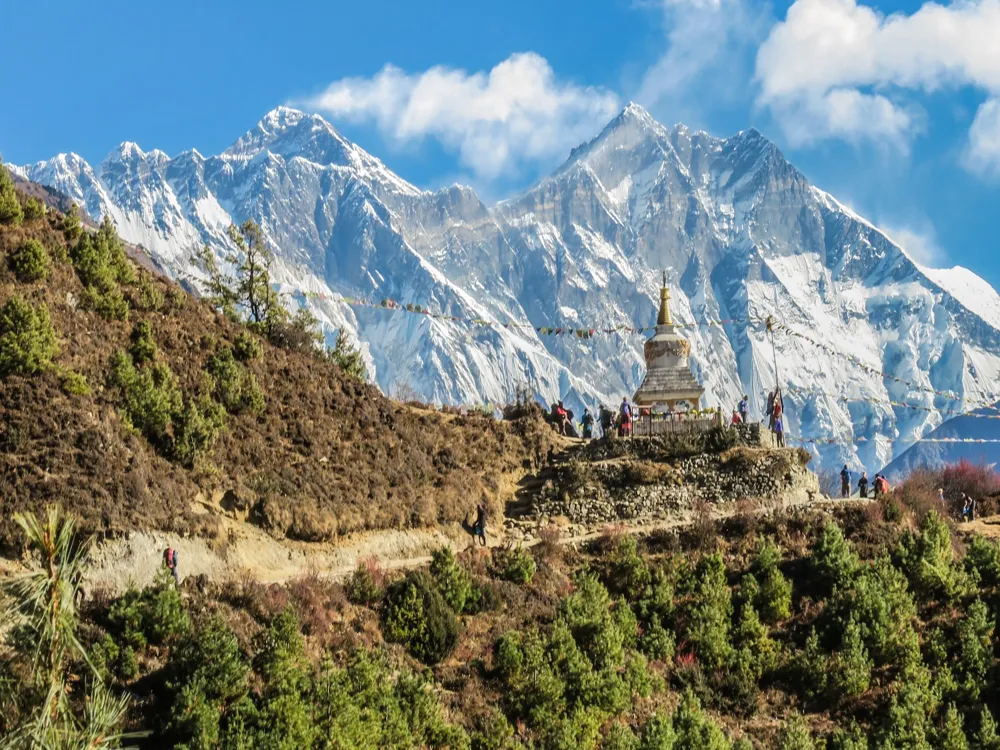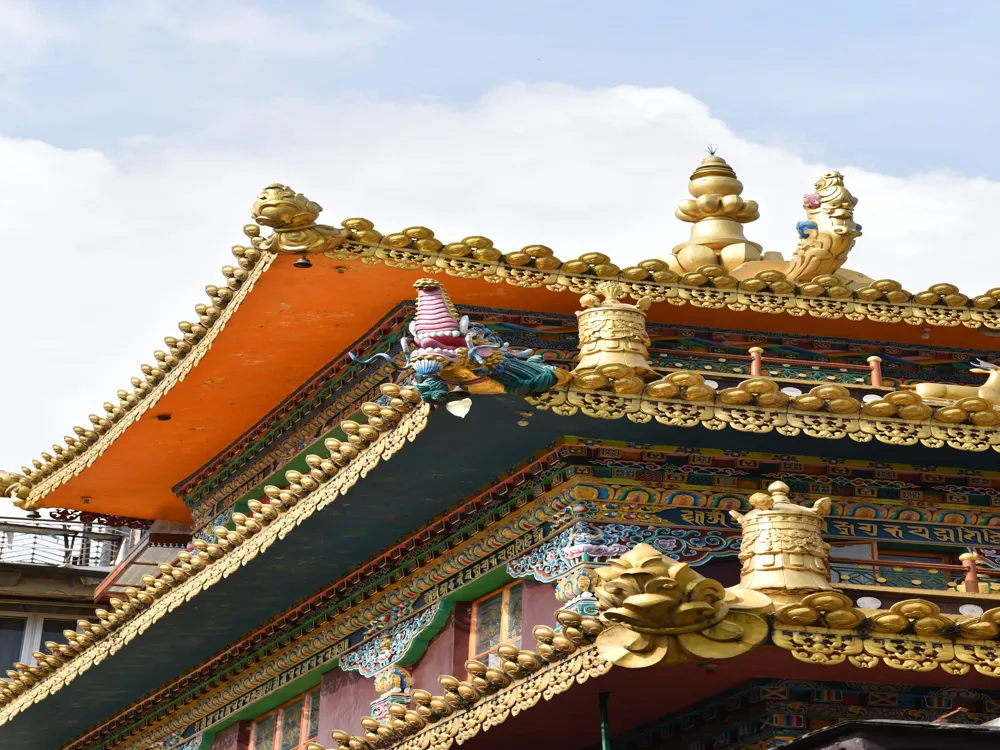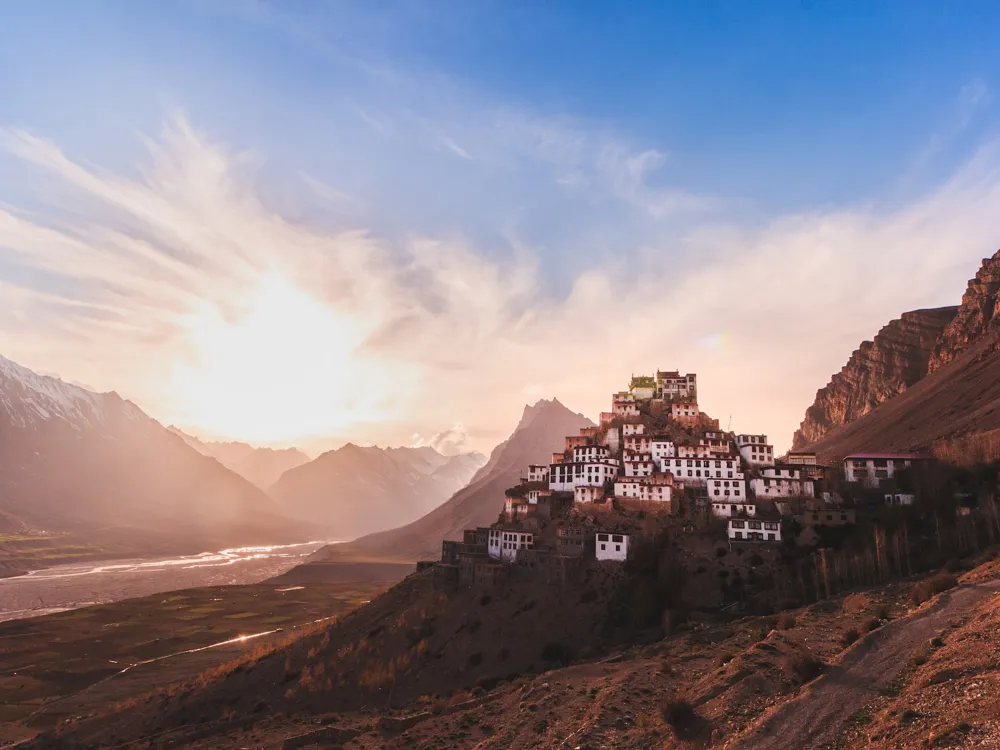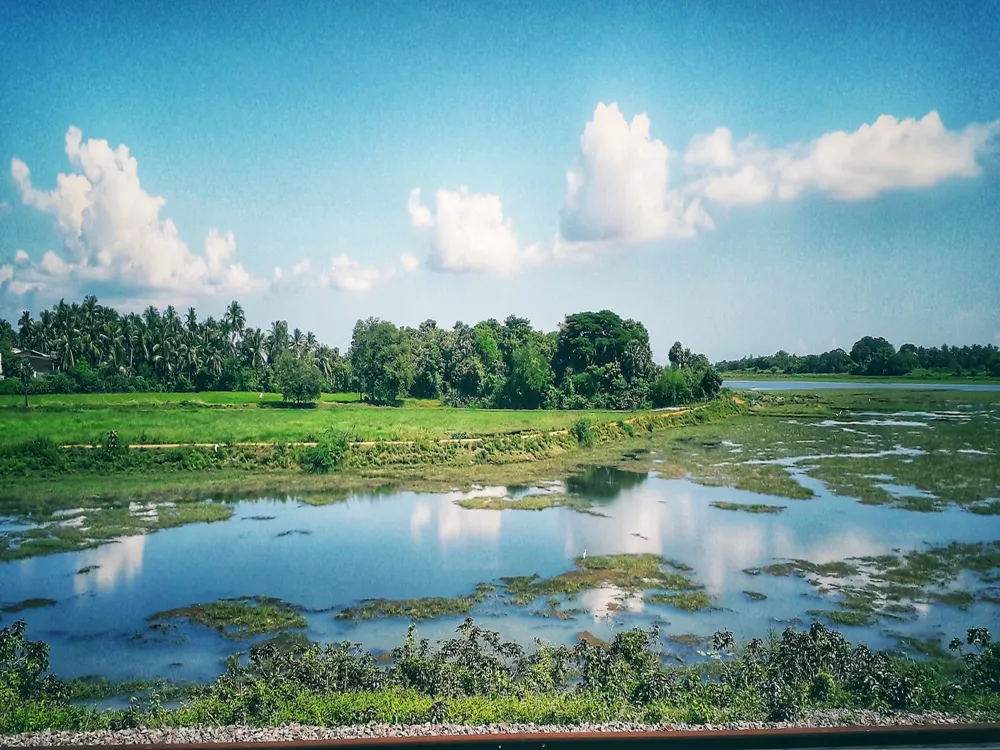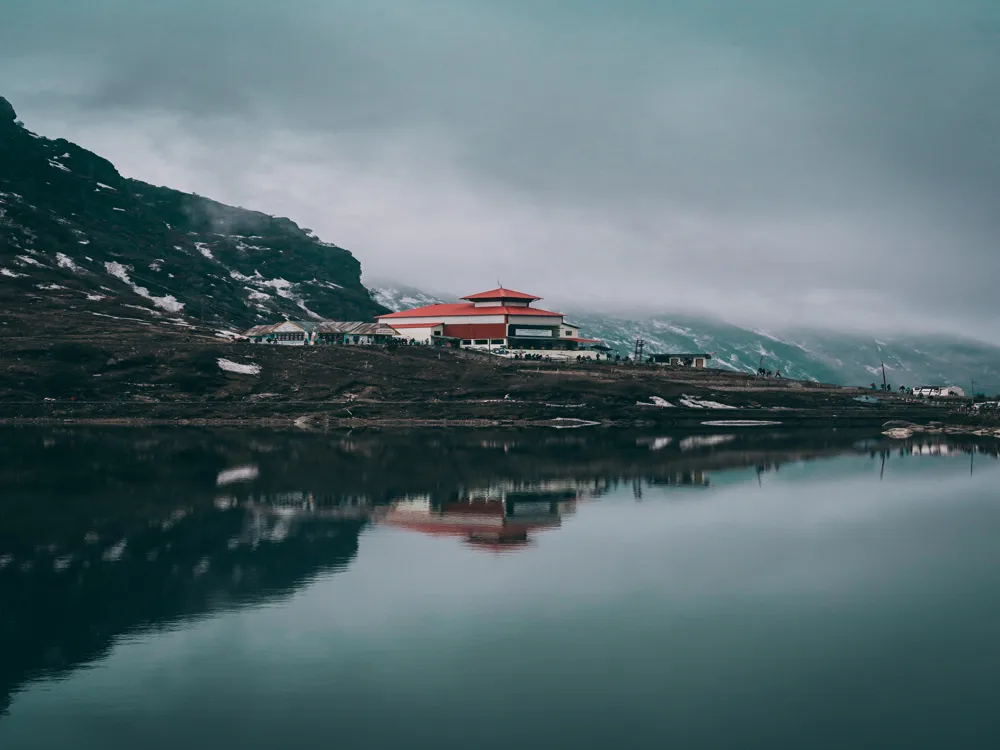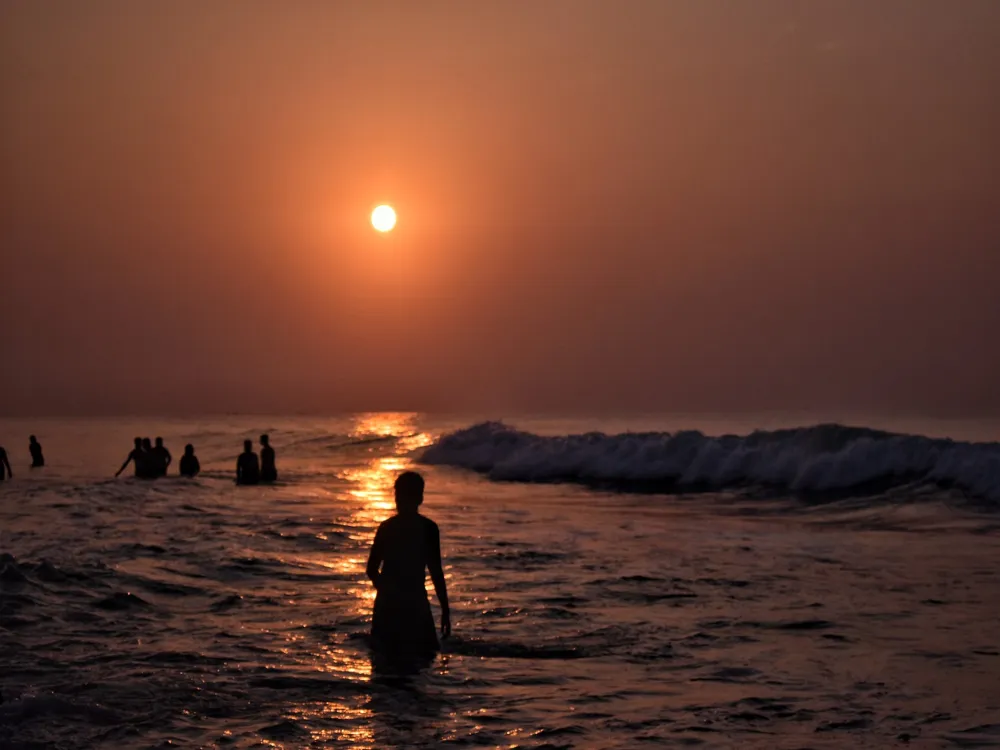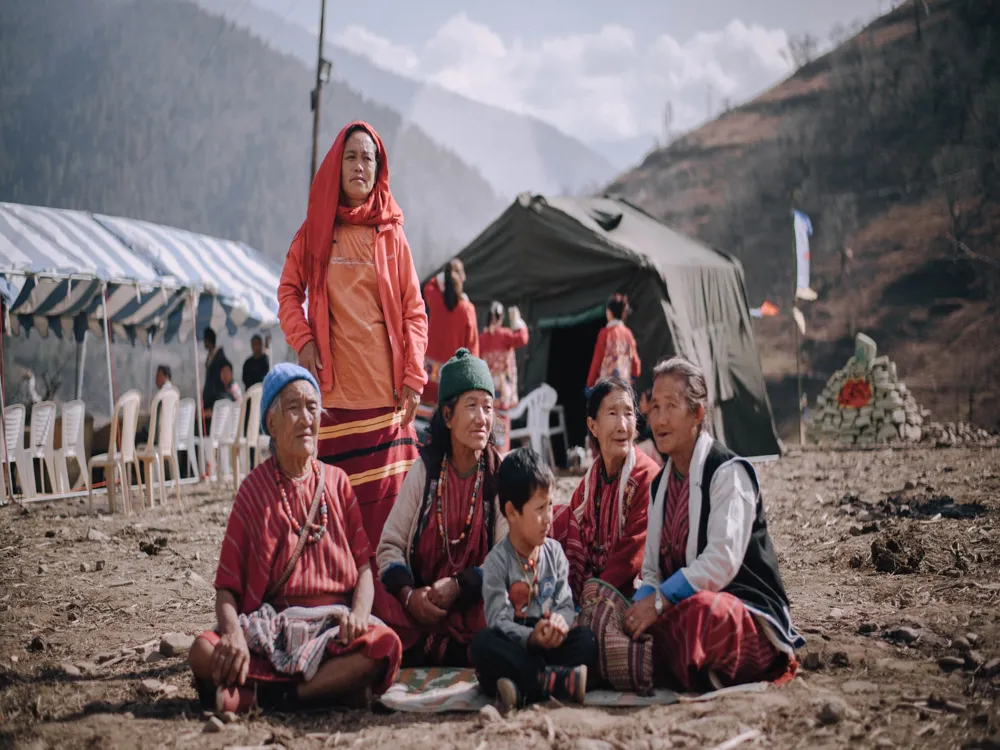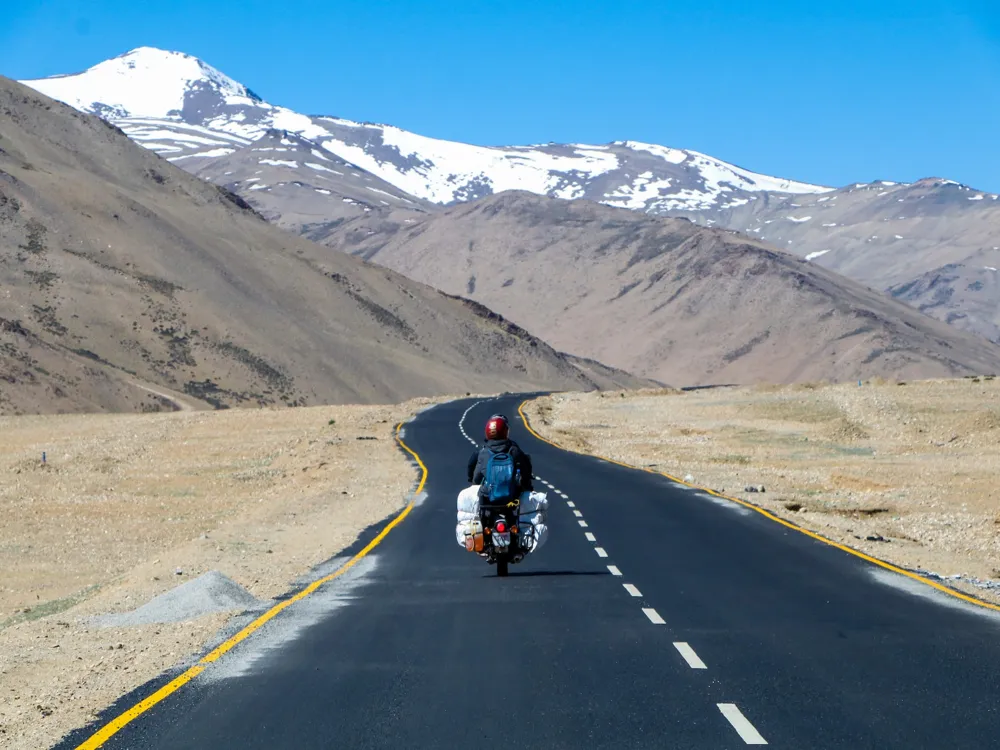Best Time to Visit Dhauli
Odisha India
14 out of 16 Places to visit in OdishaNaN onwards View Packages
Get Customized PackagesThe Land of Diversity
Top Hotel Collections

Private Pool

Luxury Hotels

5-Star Hotels

Pet Friendly
What is the Best Time to Visit Dhauli?
Dhauli, with its rich cultural and historical significance, beckons travelers year-round. Deciding on the best time to visit this enchanting destination can significantly enhance your experience. Our comprehensive guide will help you navigate the nuances of each season, ensuring you make the most of your journey to Dhauli.
More about Best Time to Travel to Dhauli
Travel Peak Season in Dhauli
Embarking on a journey to Dhauli during the peak season offers a sensory delight. From the months of October to March, the weather is pleasant, and the historical sites come alive. Explore the Shanti Stupa and marvel at the ancient rock edicts with ease, as the crowds are relatively thinner. The clear skies and comfortable temperatures make this the ideal time for history enthusiasts and culture seekers.
Travel Offseason in Dhauli
For those who prefer a more tranquil experience, the offseason from April to June provides a unique charm. While temperatures may rise, the serenity enveloping Dhauli during these months allows for a more intimate exploration of its historical treasures.
Dhauli Travel Packages
View All Packages For Dhauli
Dhauli in Shoulder Season
September and July mark the shoulder seasons in Dhauli, presenting a harmonious blend of favorable weather and fewer tourists. This intermediate period is perfect for those seeking a balance between crowd avoidance and climatic comfort. Delve into the historical narratives without the bustling crowds, creating a personalized connection with Dhauli's past.
Dhauli in Hot Season
The hot season, spanning from April to June, radiates warmth and vibrancy. While temperatures may soar, this period is ideal for travelers seeking a more solitary exploration. Immerse yourself in the ancient tales etched in stone without the usual hustle and bustle.
Dhauli in Rainy Season
July and August bring forth the monsoon, transforming Dhauli into a lush green haven. While occasional showers may interrupt your exploration, the rejuvenated landscapes and reduced crowds create an intimate ambiance. Pack your rain gear and embark on a unique journey through the historical trails amidst the refreshing rains.
Dhauli in Cool Season
As winter embraces Dhauli from November to February, the cool breeze carries tales of a bygone era. Explore the rock-cut caves and marvel at the Mauryan architecture against the backdrop of a clear, azure sky. The cool season provides an excellent opportunity to absorb the historical grandeur without the discomfort of extreme temperatures.
Places To Visit In Dhauli
View All Places To Visit In DhauliNearby Places Dhauli
Dhauli Photos
View All Photos For DhauliBrowse Package Collections
Browse Hotel Collections
Faq
1. What is the best time to visit Dhauli?
The ideal time to visit Dhauli is during the winter months, from November to February. The weather is pleasant, and you can explore the historical site comfortably without extreme temperatures.
2. Why is winter considered the best time to visit Dhauli?
Winter in Dhauli brings cooler temperatures, making it more enjoyable for outdoor activities. The comfortable weather allows visitors to fully appreciate the historical significance of the site without being hindered by excessive heat or rain.
3. Are there any specific events or festivals during the recommended period?
While there are no specific festivals celebrated at Dhauli, visiting during winter provides the opportunity to explore the site without the interruptions of monsoon rains or the scorching heat of summer.
4. What should I pack for a winter visit to Dhauli?
It's advisable to pack warm clothing, as winter temperatures can be cool, especially in the mornings and evenings. Comfortable walking shoes, a hat, and sunscreen are also recommended for daytime exploration.
5. Is Dhauli crowded during the recommended months?
Winter months usually see fewer tourists compared to peak summer season, allowing for a more peaceful and intimate experience at Dhauli. However, it's still advisable to check for local events or holidays that may attract more visitors.

